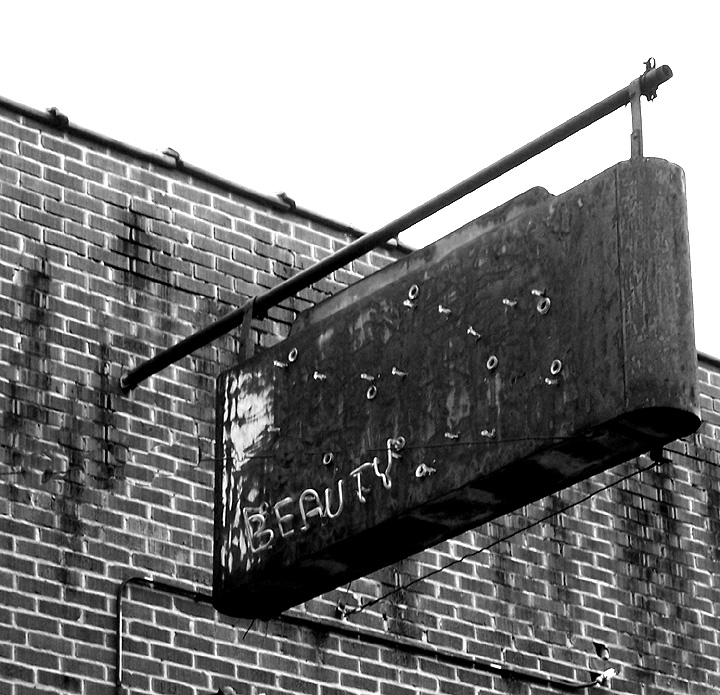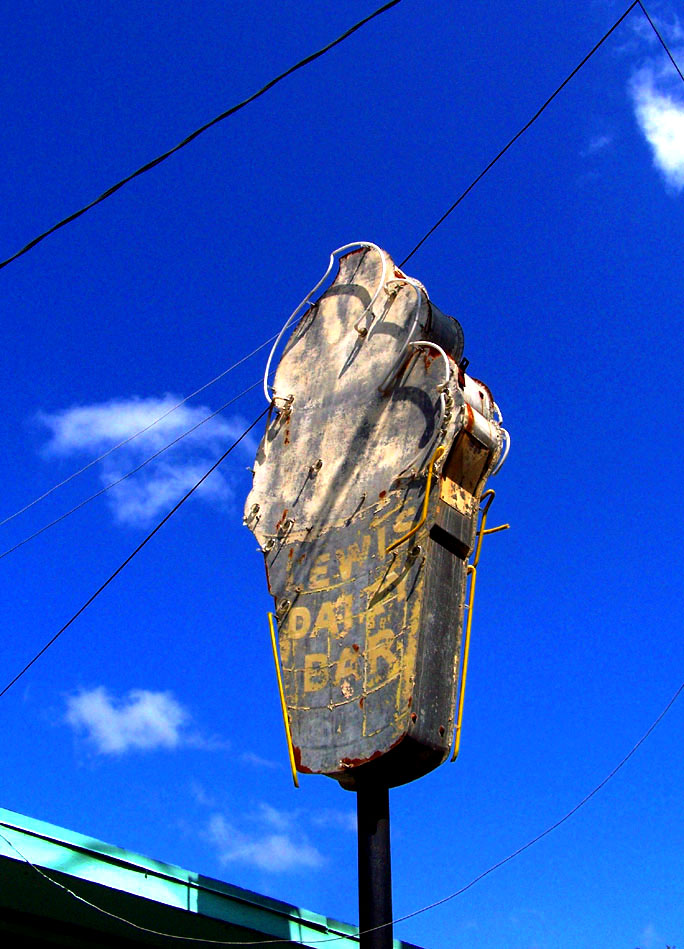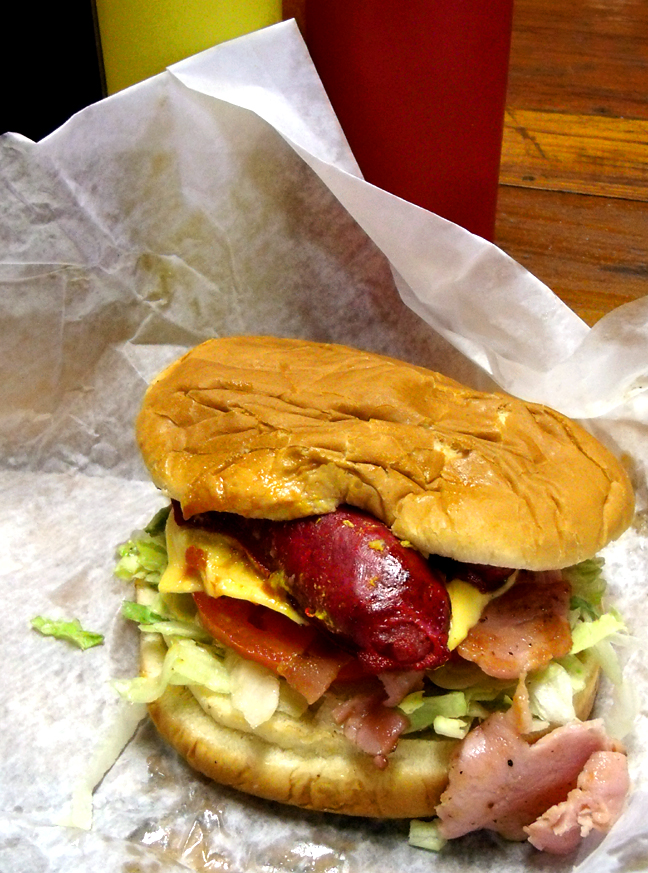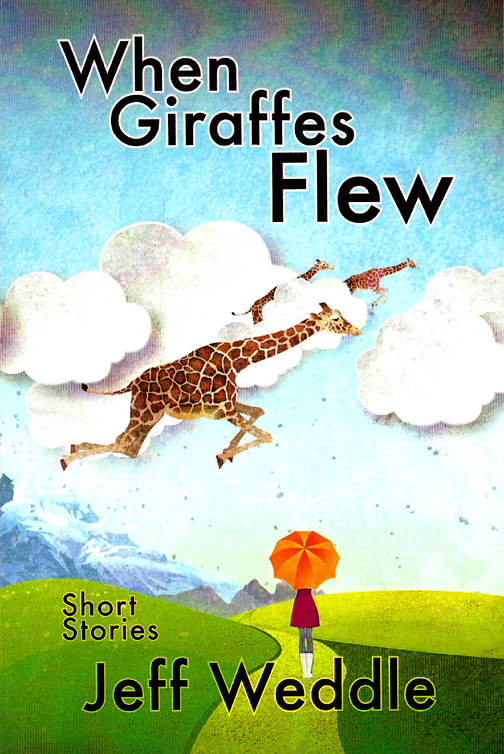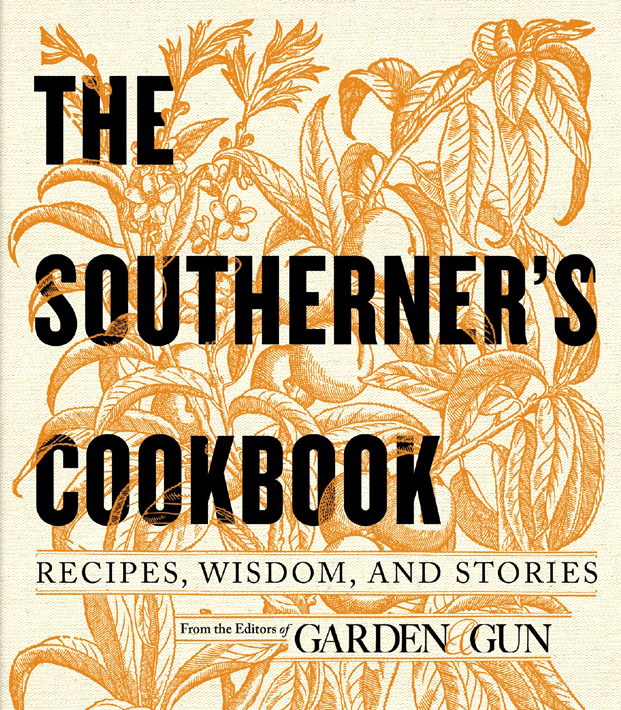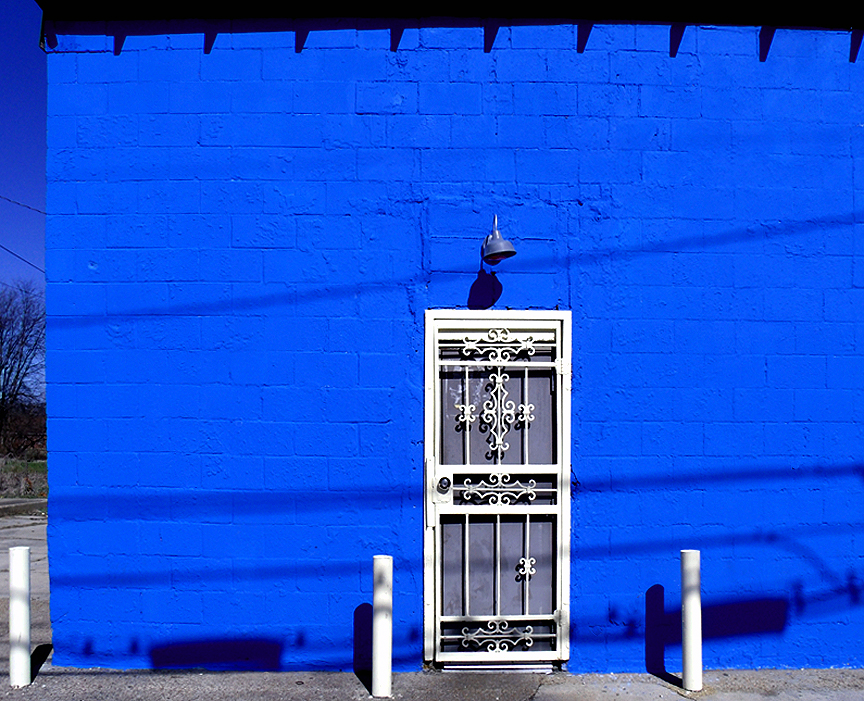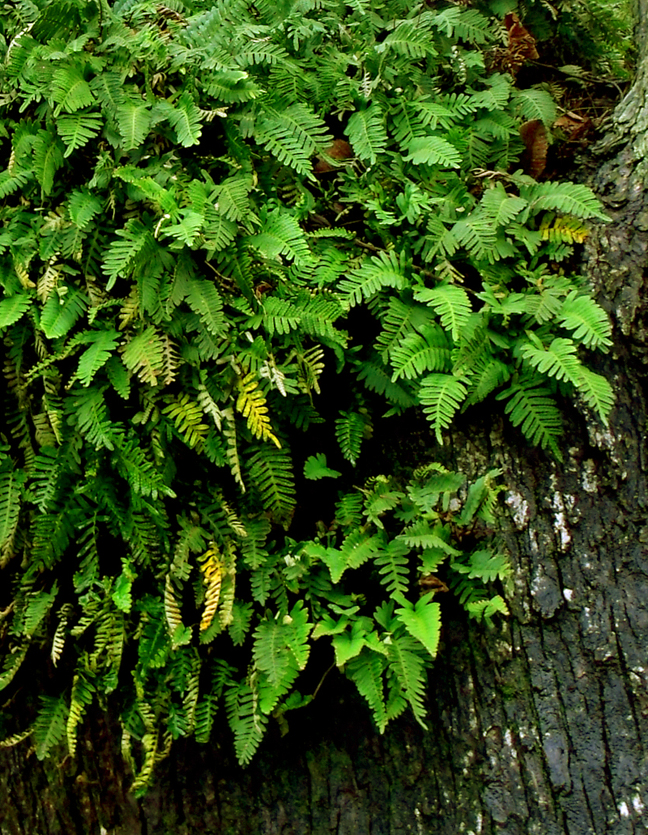Lewis Dairy Bar
Beatty Street Grocery’s Hungry Man Hog
Trumpet Records
Blue Stairs
When Giraffes Flew: A Review
Jeff Weddle’s vision encompasses many facets of the human condition—focused rage and conflict, love and lust, the peevishness of petty minds—but for the most part his vignettes confront you with those moments in life when the world shifts a bit, when the things that were in place lose their balance, bringing into focus the law that states life can turn on a can of sardines. Weddle’s stories are about those brief, shining moments in a South of indiscriminate geography, for the most part that of two-lane roads, the landscapes of Flannery O’Connor and Larry Brown, in a sturdy, staccato prose that tell what happens when we come to face the world as who we are, naked and without artifice.
The most powerful stories in the collection are “A Feast of Feathers”, a harrowing story of the loss of innocence; “Hot Sardines”, which delineates a situation packed with potential, a study in lowered expectations that explode into chaos and disorder; “A Constant Battle of the Flesh”, a very, very funny story of tangled lust that ends in the complex complacency many such situations do; “Epiphany”, perhaps best described as a prose poem about “God’s cruelest gift”, insufficient talent; “She Finds Herself Dancing”, a truly beautiful observation/reflection on that magic which takes place when the spotlights are upon you; “Dooley’s Revenge”, retelling that “oldest story” of two men and a majorette; the back-to-back stories of “Dog Day” and “Ditto”, which describe how some people weren’t made to care for others while some care for others too much in the wrong way; and “State of Grace”, a story that defies description but one you will find yourself reading again to find the song behind the words, “I wonder who you are.”
For the life of me, it is my fondest hope that in time the whimsical cover for this dark and perceptive collection of short stories, an image taken from the last story, which in itself is a reflection on theology, perhaps even on the need for theology, will become a collector’s item more illustrative of a publisher’s misconception of a work than it is of the work itself. Jeff Weddle is far from whimsical, and though When Giraffes Flew does have visions of exotic animals cavorting in clouds, nobody has an umbrella.
The Southerner’s Cookbook: A Review
Transitions in regional media are often difficult to discern, but when it comes to the South, which has an arguably more identifiable character than any other region of the country, watersheds can be mapped with a bit more precision.
Such is the case with Garden & Guns newest release, The Southerner’s Cookbook, which is the third installment in three years (each October) under the G&G label. The first two imprimaturs, The Southerner’s Handbook: A Guide to Living the Good Life (Oct., 2013) and Good Dog (Oct., 2014), set the tone of the magazine’s brand, which is clearly targeted, in the words of G&G president and CEO Rebecca Darwin, “to people like me or to people who were very sophisticated, very worldly, but in love with where they’re from, which is this beautiful place called the South.” The label has a pronounced literary bent as is evidenced by its contributors, and given its added emphasis on sophistication and worldliness, one might well gather that Darwin and her team have set their collective caps to filling a decidedly upscale niche somewhere between brashness of The Oxford American and the comfort of that grand dame of regional periodicals, Southern Living. What with the progression of G&G’s publications so far, it’s a safe bet to expect the release of a book on Southern gardening next year.
The Southerner’s Cookbook is indeed market-generated, and I really shouldn’t be surprised that only one restaurant from the entire state of Mississippi carries a recipe. John Currence has a passage about his latest project, whole roast hog, which is somewhat of a departure for a native of the Big Easy operating in the Little Easy, but this is an era of diversity. Martha Foose inexplicably given the context is mentioned in a recipe for bacon crackers. The one recipe that shocks and dismays me is the one for “Comeback Sauce (sic)”, which is not only compared with McDonald’s “Secret Sauce”, but also provided by a chef from Alabama with a restaurant in Atlanta. The nod to Jackson in the first few words simply does not make up for such a slight. The cookbook is also far off the mark by consigning Jesse Houston’s restaurant Saltine, which specializes in oysters and seafood, to a sauce (Black Pepper Ranch Dressing) rather than an entrée. Both Mississippi and Jesse deserve far, far better than this.
If you need more evidence that Mississippi is nothing more than “that land mass between Louisiana and Alabama”, you need turn no further than The Southerner’s Cookbook. Yupster cookbooks have come of age, and Julia Reed is the bellwether for Mississippi. God help us all.
White Door
Winter Green
In dry summers we forget the life that survives drought, living in the crooks and crannies on the barren trunks and branches of older trees. Then, after days upon days of pressing heat and caustic light, rains fall and woody bones come alive again, not with their own vigor, which is waning, but with a rebirth of fern, lush and green in a browning world, and on misty mornings when leaves are wet, you can hear laughter from little the people among the fronds.

